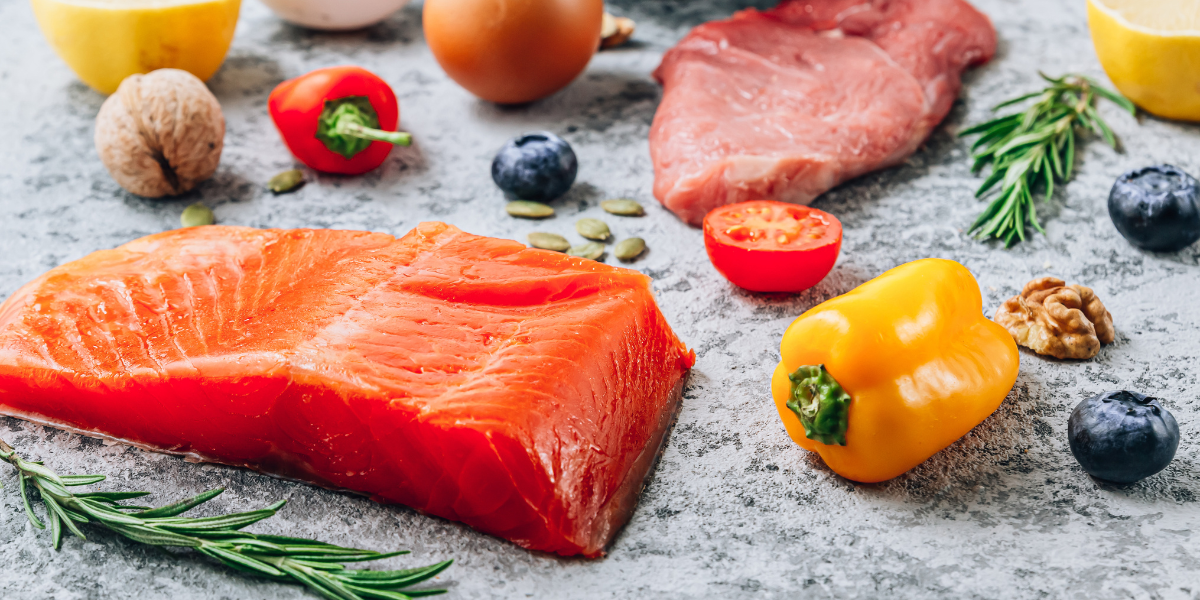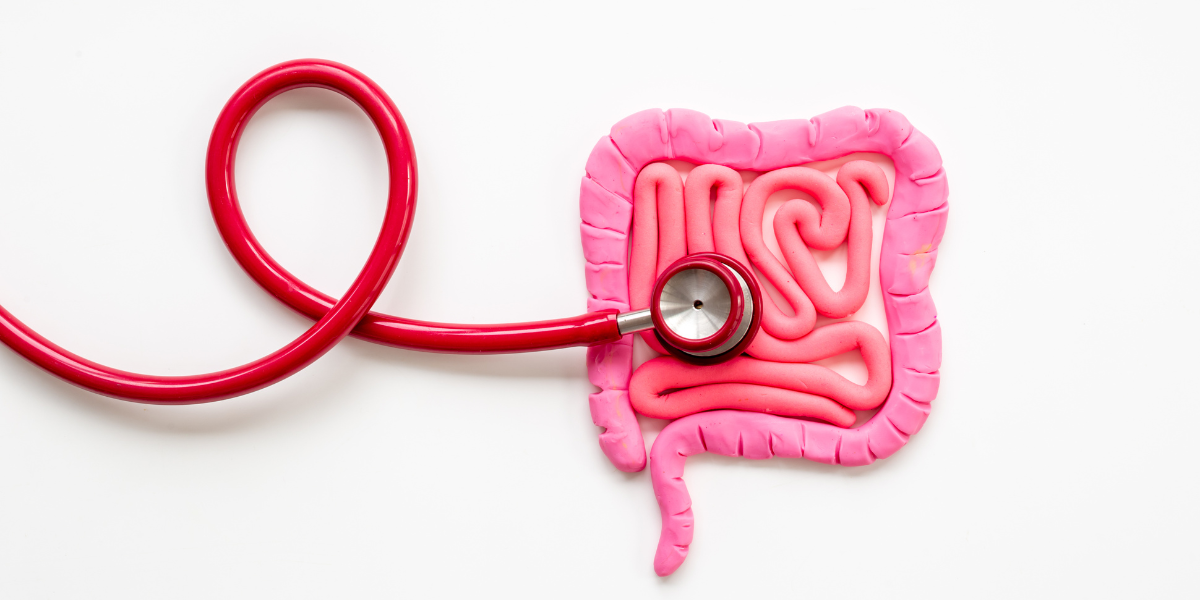FODMAPs & SIBO: What Are They and How Do They Impact Health?
It's no secret that the foods you eat affect your overall health and physical ability. However, many people are surprised to learn that hidden food...
.png?width=70&height=70&name=Stark_LogoMark%20(1).png)
If you’re experiencing fatigue, joint pain, acne, or sleep disturbances — your issue may be stemming from your gut health. Research shows that the human gut is one of the most complex and abundant ecosystems, composed of over 1000 microorganisms. It’s a crucial part of our bodies that affects our daily functions. There are three simple steps to rebuild your gut: remove, replace, and repopulate.
How to Start Rebuilding Your Gut
Dr. Alice says, “After a patient’s initial intake here at Stark, we will usually run a food sensitivity test (a blood draw) right off the bat. It’s not the end all be all. If I see a more sick patient, I would perhaps be more aggressive in doing the Autoimmune Paleo Diet (AIP). It is a very researched and effective diet to try to reduce the inflammation in the gut.”
There are two parts of the immune system that are typically concentrated on gauging immune reactivity toward food: IgG4 and IgE. When it comes to IgE, you’ll know if you’re having issues from a very young age because these problems can be life-threatening. You’ve likely heard of people with anaphylactic peanut or shellfish allergies. These allergic reactions are caused by a person’s immune system overreacting to an allergen and overproducing IgE. IgG4 is not as extreme — it’s a sensitivity toward specific foods.
Dr. Alice says, “People interchange IgG4 and IgE, but they’re two very different things. Sensitivity is much more low-grade — it’s not as obvious, so it can show up as gut symptoms. It can also show up as joint pain, eczema, hives, acne, fatigue, or sleep disturbances.”
Finding and Removing Your Food Triggers
Dr. Alice has run hundreds of food sensitivity tests at Stark — noting dairy, eggs, and gluten as the top three food triggers. She recommends eliminating the trigger food(s) for approximately two months before slowly reintroducing them one at a time.
Replacing the Bad Gut Bacteria
There are some harmful bacteria living in your gut that you need to kill (specifically the C. diff species). These bad bacteria are identified through organic acid testing. Dr. Alice uses a broad spectrum botanical antimicrobial to eliminate these harmful bacteria from the gut, like the Broad-Spectrum Liquid Capsules. If you’ve used a lot of antibiotics in the past, one of the risks is the rise of C. diff inside your gut. There are varying infestation levels, with a severe infestation potentially causing death. You should replace these bad bacteria with good ones by getting on a rotation of different types of probiotics!
Repopulating the Gut
When eliminating the triggers, you should begin repopulating the gut. Dr. Alice encourages repopulating the gut with fermented foods whenever possible (as long as you don’t have a histamine intolerance). Fermented foods include sauerkraut, yogurt, kimchi, and pickles. You could try yogurt alternatives like coconut or oat milk if you’re dairy sensitive!
Traditionally, humans have eaten a lot of fermented foods in many different cultures. But how do fermented foods help with gut health? Dr. Alice says, “They’re providing lots of great little bacteria, specifically the Lactobacillus species. You can help repopulate with fermented foods. I encourage having some at least every day.”
If you don’t enjoy fermented foods, you should introduce probiotics to improve your gut health. Now, what type of probiotic? Dr. Alice says, “This is where it gets a little complicated. You should do stool testing for what strains you need. But for the most part, you want to rotate between the different probiotics. There are spore-based probiotics that are shelf-stable, and they survive the acidic environment of the gut. MegaSporeBiotic is an amazing company; we’ve been using them a lot. They’re shelf-stable. If I have a female patient who has a lot of UTIs or yeast infections, I’m going to choose a different kind of strain like Lactobacillus rhamnosus.”
As you improve the balance of the microbiome in your gut, you may be surprised that the impact goes far beyond digestion- you may feel less fatigued, see skin issues like eczema or acne disappear, and may even feel happier or less anxious. The gut is often referred to as “the second brain”, and for good reason, making it all the more important to ensure you don’t stay in your rut and fix your gut!

It's no secret that the foods you eat affect your overall health and physical ability. However, many people are surprised to learn that hidden food...

Exercising after work or at night is a practical option for many, especially busy professionals. However, it can sometimes lead to restless nights...

Gut health serves as the control center for overall wellness, overseeing various facets of wellbeing, from fatigue and joint pain to acne and even...